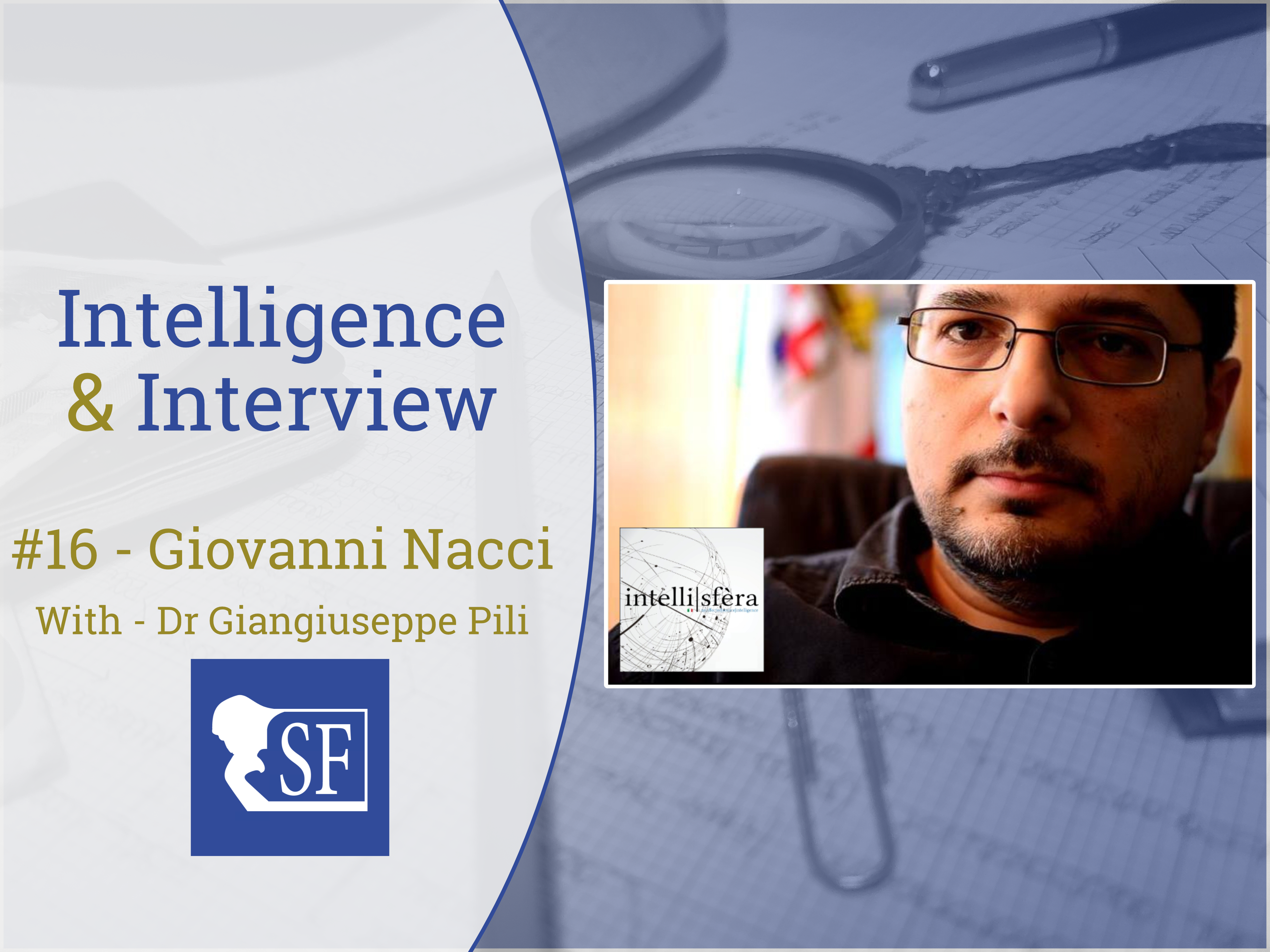
Open Source Intelligence (OSINT) is not new anymore. After all, even in Italy, the first Robert Steele’s work translated is almost twenty-year. A great historian such as Christopher Bayly stated that fifty-years is a good parameter to judge the long-term when human history is concerned. Then, OSINT is already old. Sure, the smart reader would say, OSINT is with us since intelligence started. After all, as Giovanni Nacci states in this interview, information is naturally born open, the great majority of the time. Yes, but even considering the OSINT revolution due to the World Wide Web & the ICTs, OSINT is already something mature. It is an intelligence discipline that is taking new ways from the old ones, testifying the livelihood of its evolution through time, as Efren Torres stated in Intelligence & Interview #8. In addition, today, OSINT seems to be the solution for everything, though it looks difficult to be believed looking to the world around us and its ineffable uncertainty and resistance over human capacity to control it. So, today we have an Italian OSINT expert whose passion for the discipline is apparent by all his activities. He is the founder of Intelli|Sfèra, a project entirely devolved to OSINT theory and techniques. This is a fascinating Italian window to an old/new intelligence discipline. Then, it is with my distinct pleasure to publish the interview on Scuola Filosofica – for those who don’t know it yet, is one of the leading cultural blogs in Italy. In the name of Scuola Filosofica Team, our readers, and myself, Dr Giangiuseppe Pili, Giovanni: thank you!
1. How would you like to present yourself to the Italian readers and Philosophical School (Scuola Filosofica)?
I usually introduce myself as a former Italian Navy Officer and enthusiast professional and advisor (since 1998) in theories, methods, and systems for the strategic treatment of information and specialist in Open Source Intelligence applications. I’m a public administration official with about five “lustrum” of administrative proceedings, data protection, Information, and Communication Technology applications. Furthermore, I’m author and co-author of papers, articles, and books about OSINT and creator of the proposal for a “General Theory” for Open Source Intelligence (a summary is available here) and founder of Intelli|sfèra, a cultural project whose aim is the interdisciplinary innovation in the Open Source Intelligence.


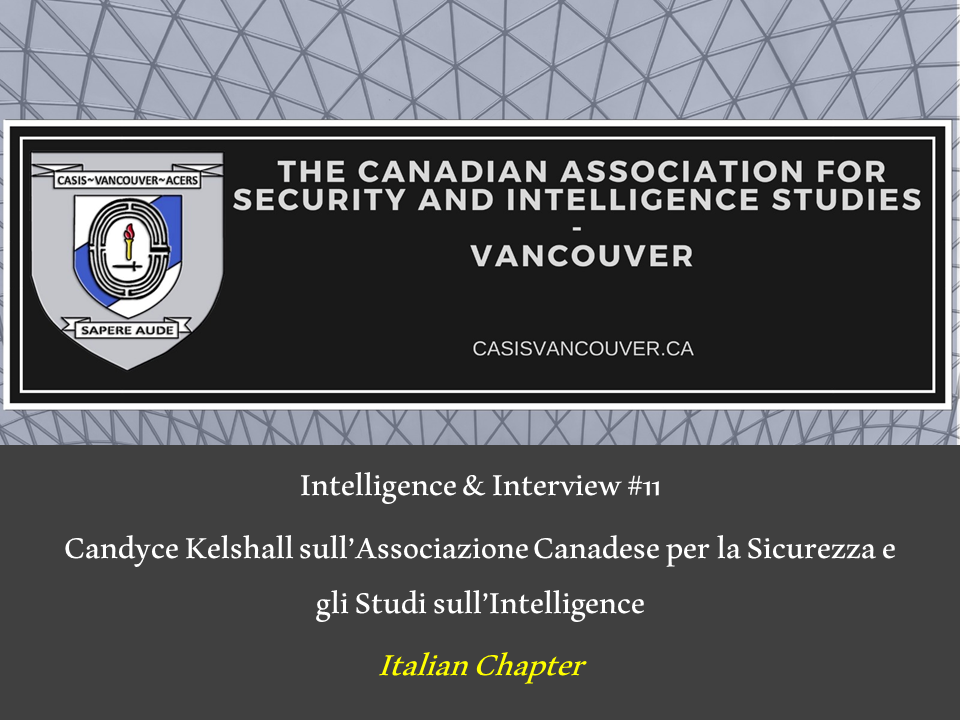
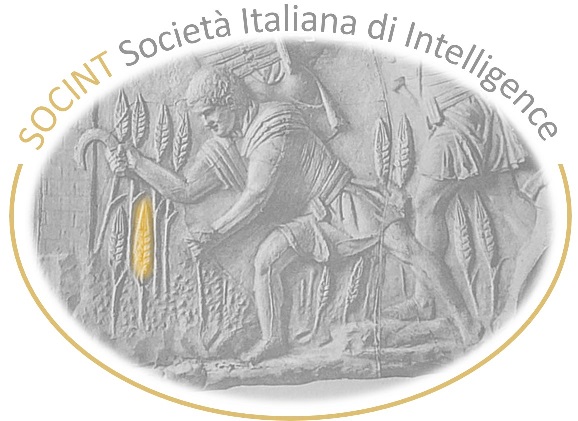
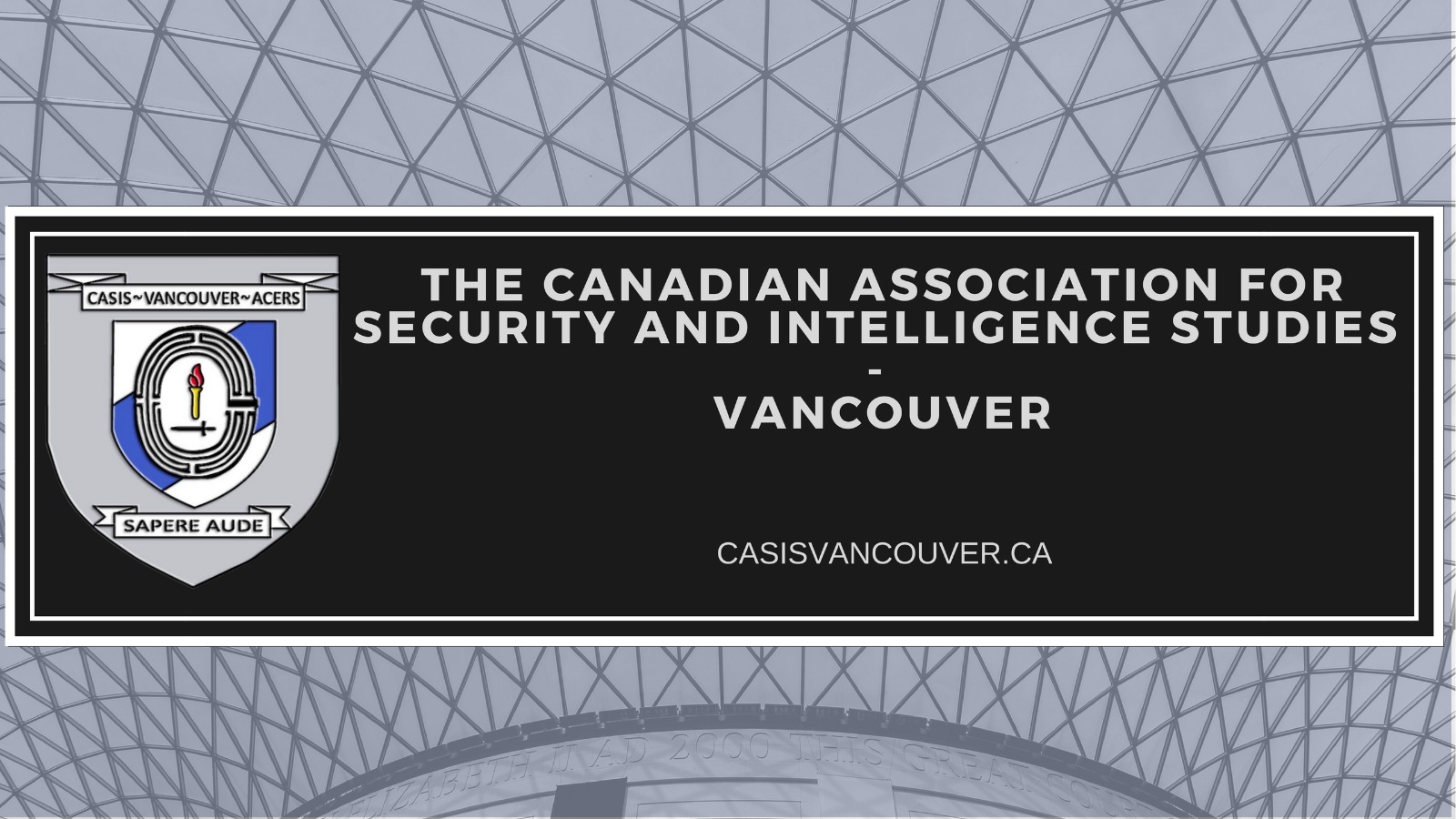


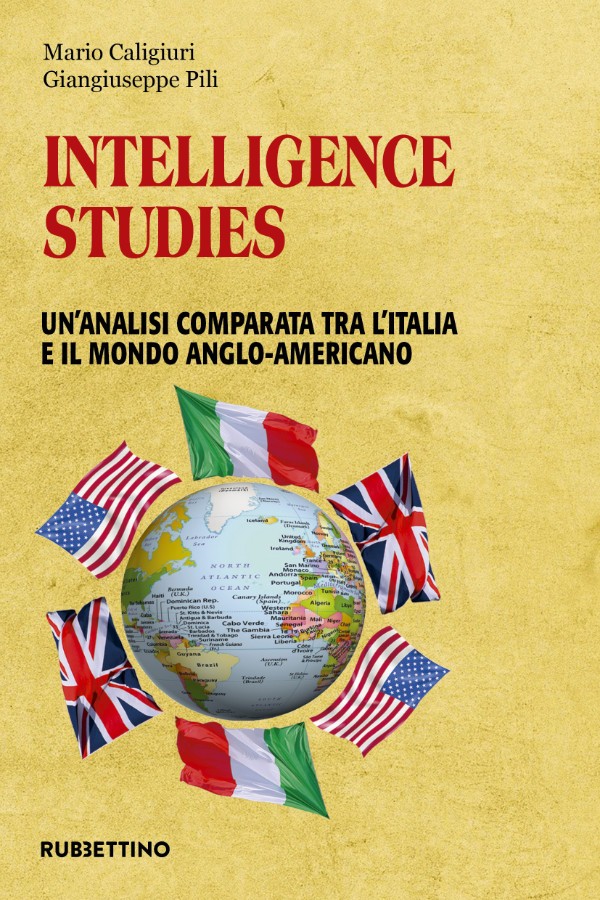
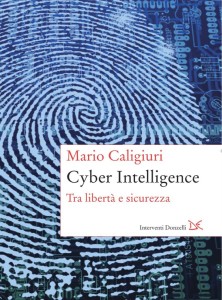
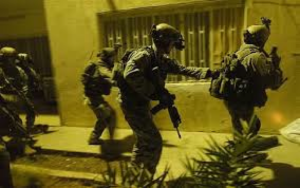 The following analysis is based on some recent wars cases, such as the Iraq or the Afghanistan ones, in which United States deployed special corps with clear intelligence-oriented tasks. First, we will consider what Special Forces (Spec-Forces) usually do or what people think they are doing. Second, we will show what their role in the intelligence cycle is, and how they act within a specific tactical process. Third, we will address some benefits and problems with respect to the recruitment of military Spec-Forces personnel for intelligence activities.
The following analysis is based on some recent wars cases, such as the Iraq or the Afghanistan ones, in which United States deployed special corps with clear intelligence-oriented tasks. First, we will consider what Special Forces (Spec-Forces) usually do or what people think they are doing. Second, we will show what their role in the intelligence cycle is, and how they act within a specific tactical process. Third, we will address some benefits and problems with respect to the recruitment of military Spec-Forces personnel for intelligence activities.